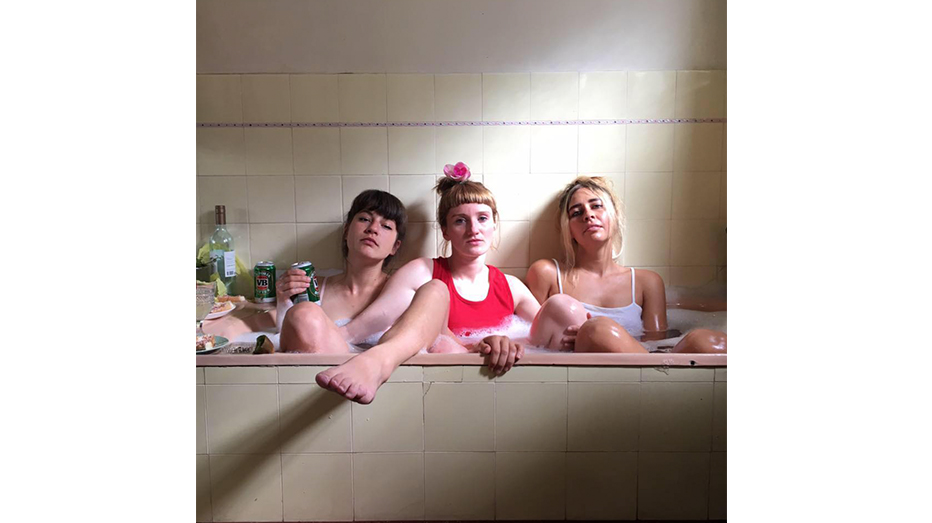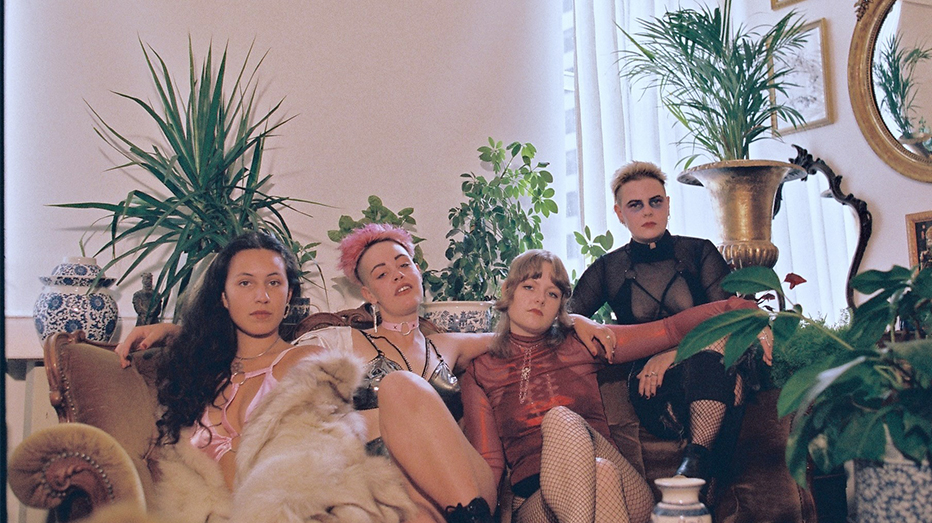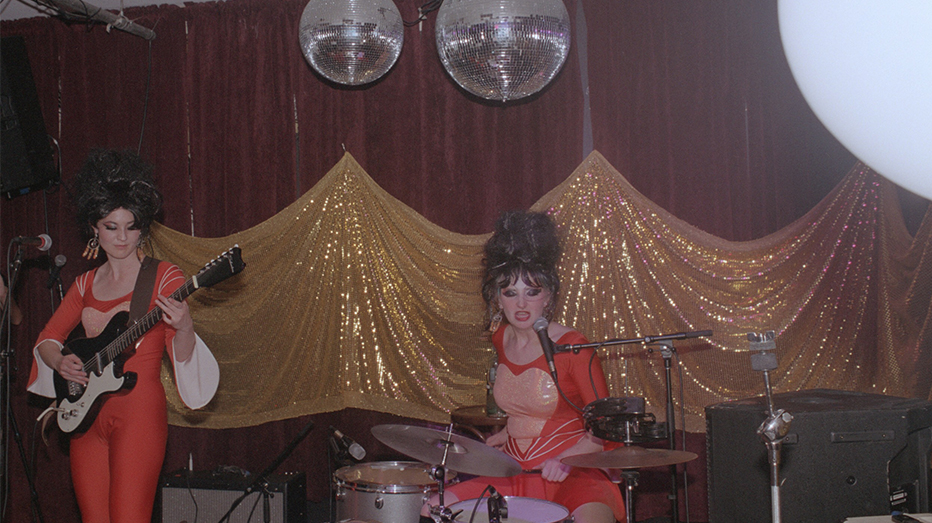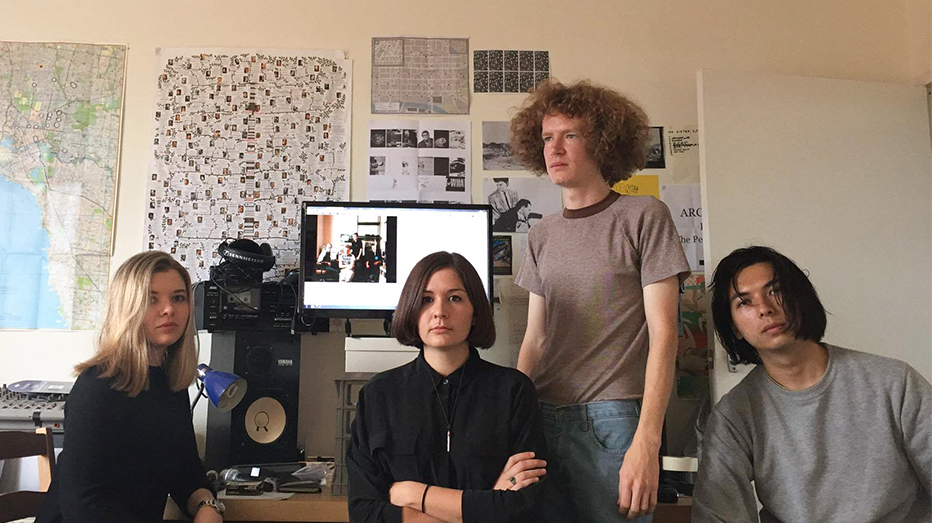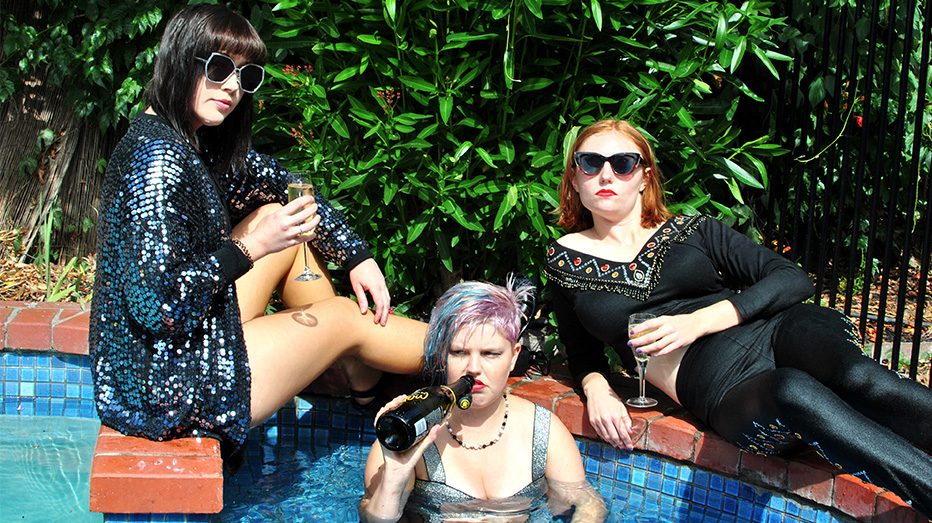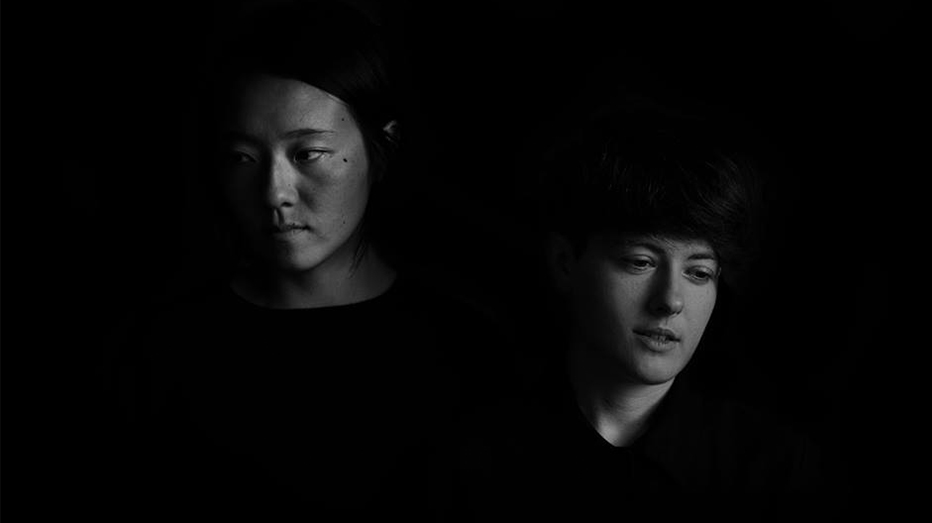Melbourne is a swarm of people, groups and stories. It’s a smooshed culture which sort of resembles discount New York but somehow everything is more expensive. It’s also known for its rich history of rock and punk artists, both those who rode the freight train of success and those who steamrolled through the underground. Unfortunately, these scenes do not reflect the rich diversity of Melbourne in 2017. This issue was shoved to the foreground earlier this year when Sydney Morning Herald interviewed Melbourne three-piece, Wet Lips. “These organisations are run by white, middle-class men who are barely competent, grown-up babies,” said singer/guitarist Grace Kindellan. “They succeed off the work of women and gender-nonconforming people, who often volunteer their services.”
These days we want art to be free, expressive, representative, and inclusive. But to see one of the city’s most promising acts publicly slam a toxic status-quo was eye-opening. If people who aren’t cis, straight, white, and male can’t feel safe in an expansive and creative environment—a la the local music community—then where can they feel safe?
TRANSGENRE and Wetfest, the latter curated by Wet Lips, grow every year while labels such as LISTEN and Hysterical push diverse rosters and eclectic styles. But if you’re still wondering whether Melbourne’s music scene is inclusive enough, there’s a consensus: it’s not. We spoke to some of Melbourne’s most exciting young artists to get a snapshot of how bygone politics continue to plague this music community.


